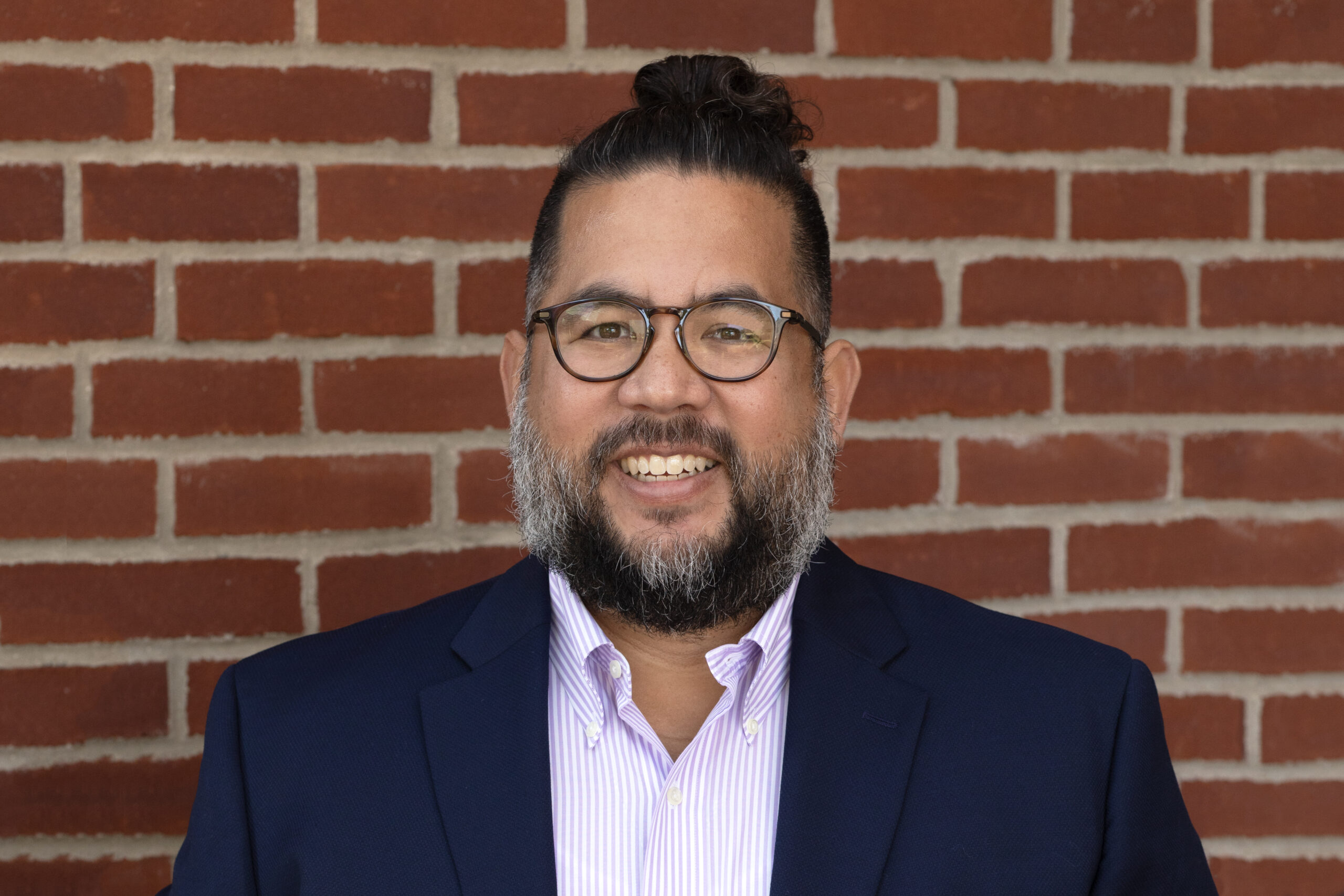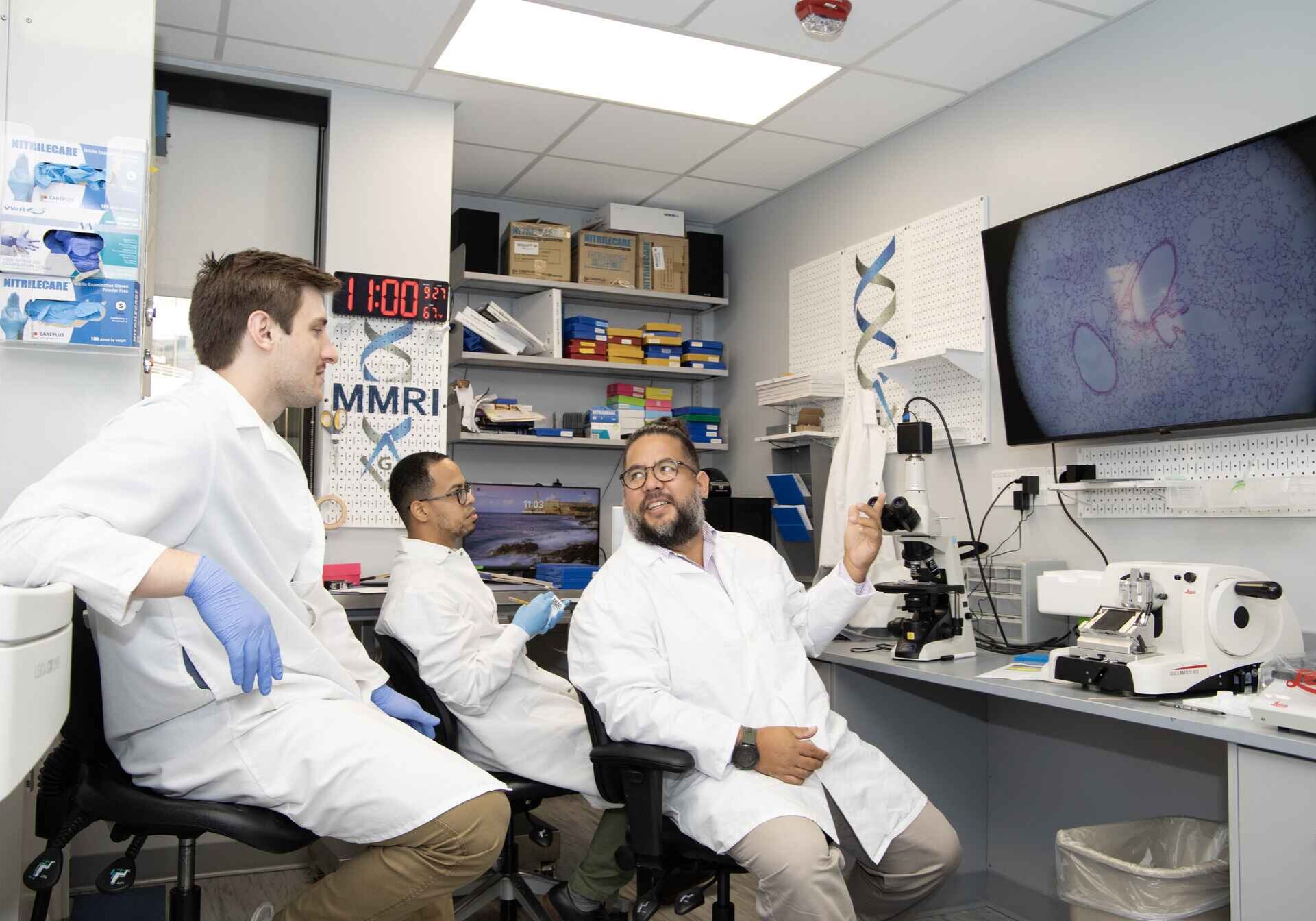Kessinger Lab
The Kessinger Lab is dedicated to the study of venous thromboembolism, cardiovascular disease, PTSD and lupus. Through the use of advanced imaging techniques and novel diagnostic and therapeutic agents, our work aims to understand these diseases to improve the treatment and diagnosis of patients world-wide.
News From The Kessinger Lab
The National Heart, Lung, and Blood Institute (NHLBI) of the National Institutes of Health (NIH) recently awarded a $3.7 million grant to support a project led by Principal Investigator, Chase Kessinger, Ph.D., assistant professor of biomedical research and translational medicine at Masonic Medical Research Institute (MMRI) to research the third most common cause of cardiovascular death, pulmonary embolism (PE).
Areas of Investigation
The Kessinger Lab’s research aims to integrate translational molecular imaging techniques and novel diagnostic and therapeutic agents to study and treat venous thromboembolism and cardiovascular disease. Over the last few years, we have provided novel in vivo techniques to examine and visualize inflammation and protease activity. We are now exploring other anti-inflammatory and fibrinolysis therapies and extending these findings to PET/CT for better treatment and stratification of patients with venous thrombi. More recent work aims to understand the biology of pulmonary embolism and pulmonary hypertension and the inflammatory response that drives pulmonary fibrosis.
Molecular imaging: Molecular imaging focuses on noninvasive imaging within living organism to monitor biochemical processes in realtime. The lab develops, validates and utilizes molecular imaging strategies to sense and quantify disease severity and therapeutic efficacy across numerous disease models.
Nanomedicine: A branch of medicine that applies the knowledge and tools of nanotechnology to the detection, treatment and prevention of disease. The lab utilizes biocompatible nanoparticles and multifunctional nanoplatforms for tracking, delivering and imaging purposes in living organisms.
Lab Focus
Dr. Kessinger uses molecular imaging, nanomedicine, biology and more to study a variety of diseases.
Venous Thromboembolism
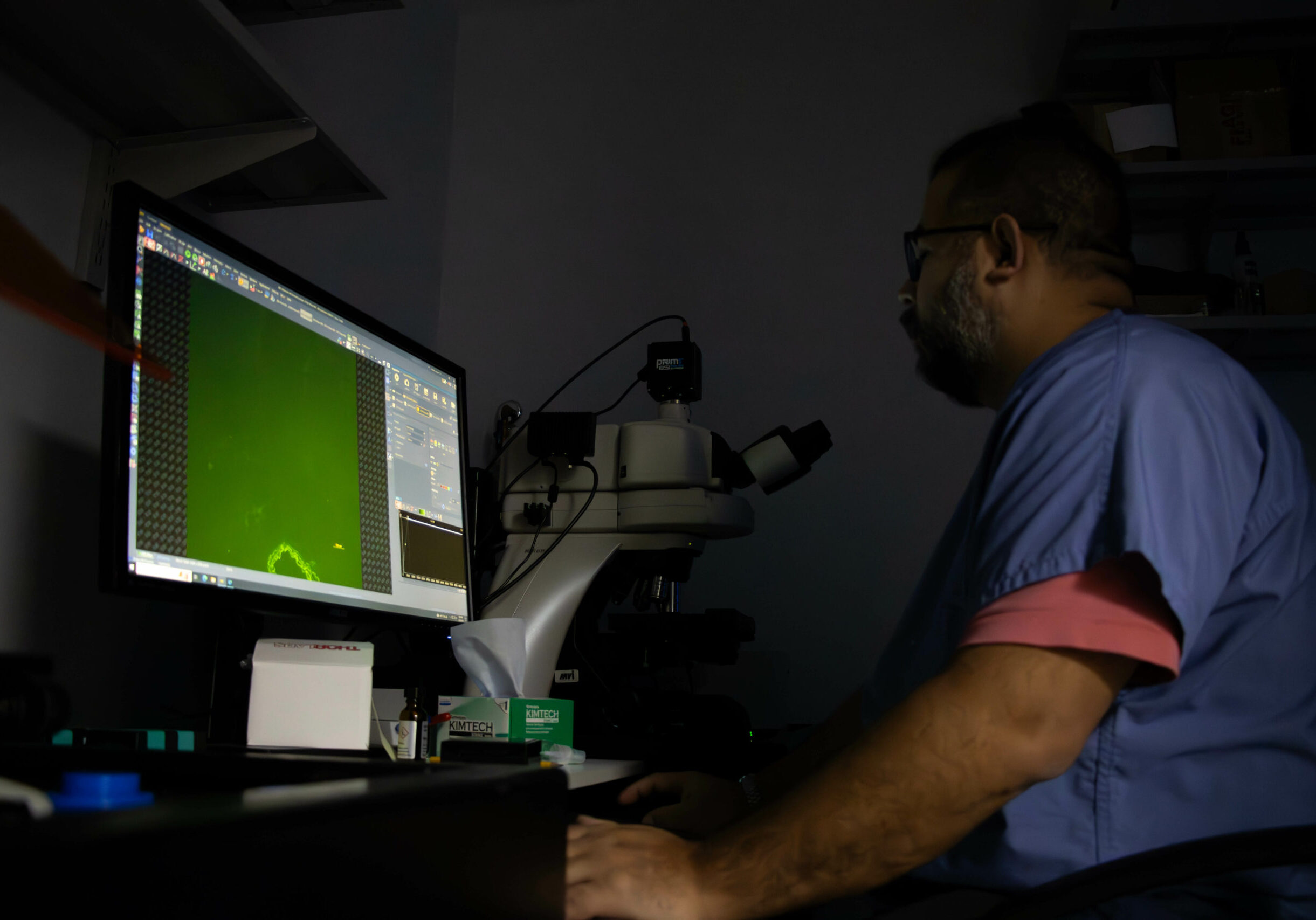
Dr. Kessinger is using molecular imaging to understand the role of venous thrombosis inflammation. Using intravital confocal of large vein thrombosis, he has shown the ability to capture high resolution spatial maps of the venous thrombosis inflammation and structure. He has provided novel in vivo techniques to examine and visualize inflammation and protease activity.
More recently, utilizing the same techniques, Dr. Kessinger has shown that statin therapy of established venous thrombi decreases both thrombus burden and vein wall scarring, two important factors that lead to post-thrombotic syndrome in humans.
Post-traumatic stress disorder
Dr. Kessinger aims to develop molecular imaging targets of novel biomarkers of PTSD. His goal is to use these imaging targets to aid in detection and treatment of PTSD and it’s symptoms. His current projects on PTSD involve the role of inflammation within the brain post trauma, specifically looking at microglia’s role within this process.
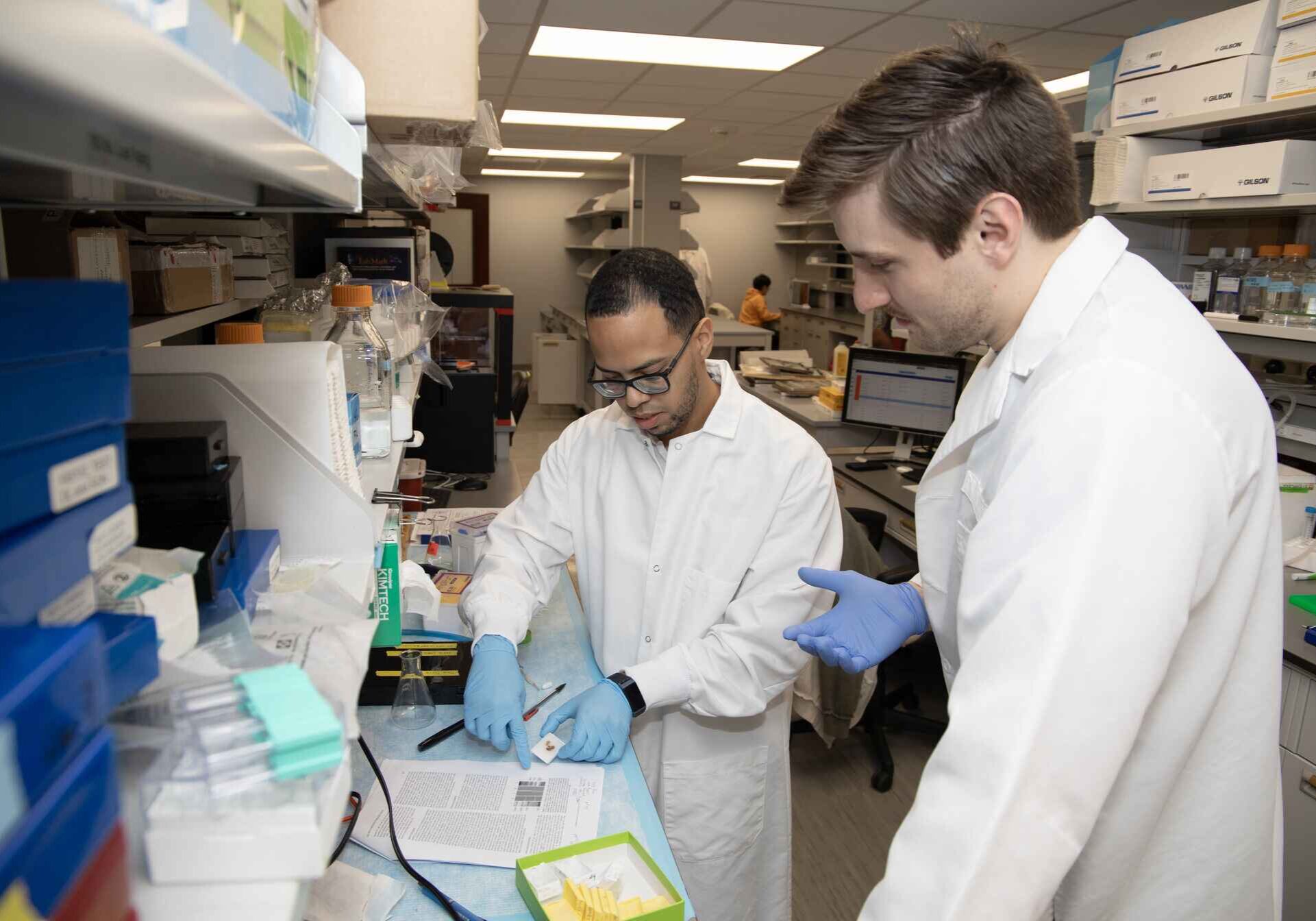
Lupus

Inflammation
Inflammation is a biological response to harmful stimuli, such as pathogens, damaged cells or irradiation. It is a protective attempt by the organism to remove injurious stimuli and to initiate the healing process. In the lab we study the inflammatory processes and milieu involved in numerous diseases.
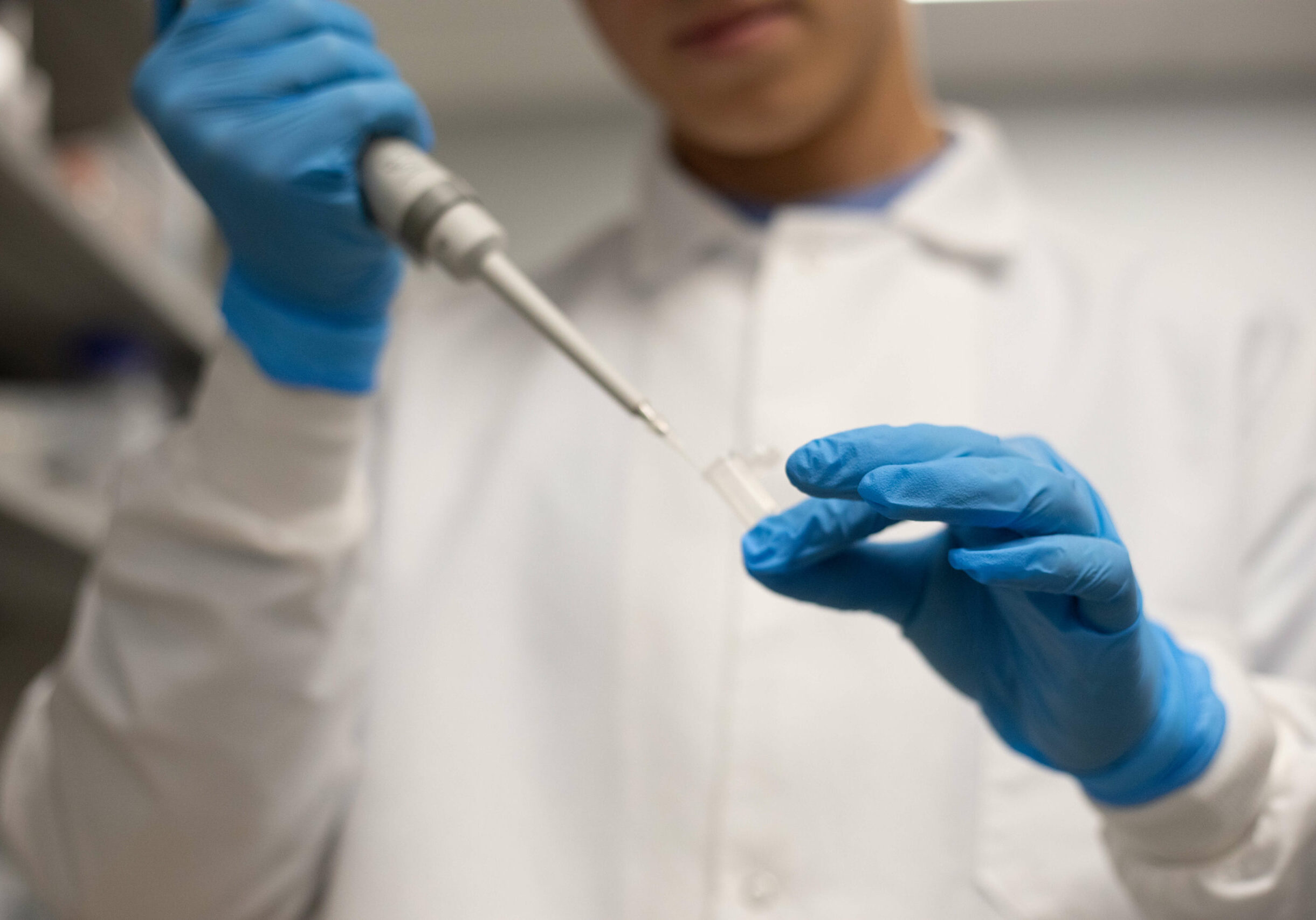
Atherosclerosis
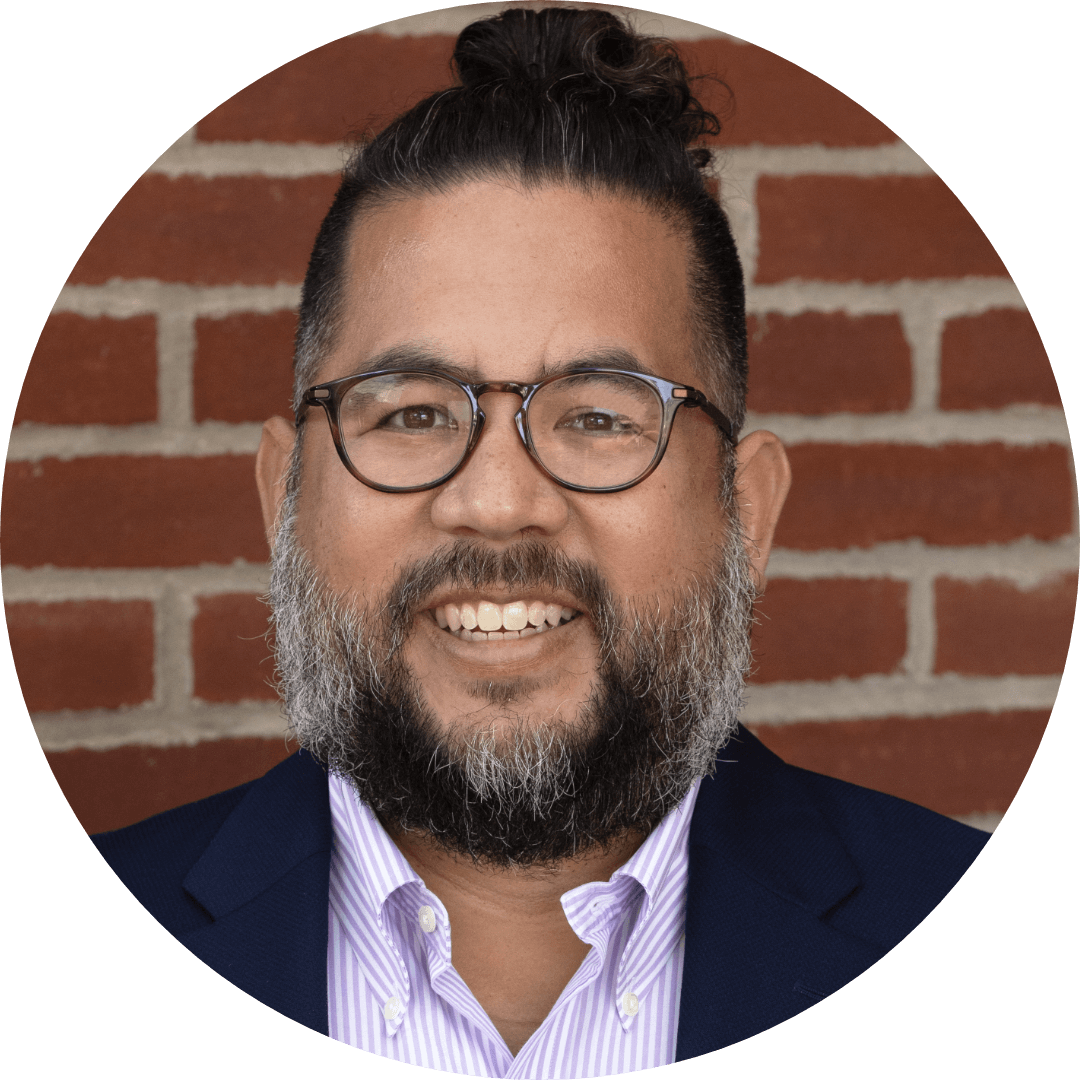
Meet Dr. Chase Kessinger
Assistant Professor
Biomedical Research and Translational Medicine
Dr. Kessinger graduated from Texas A&M University in 2005 with a B.S. in Microbiology and continued to graduate school at the University of Texas Southwestern Medical School at Dallas. There, he studied cancer biology and nanomedicine. His work focused on the synthesis, validation, and application of multimodality, target nanoparticles for the early detection of lung cancer in the laboratory of Jinming Gao, Ph.D. This project provided a solid foundation for synthesizing and validating nanoparticles in vitro to in vivo while also realizing the limitations inherent in these nanoplatforms. By incorporating MRI and optical imaging agents in the final nanoparticle platform, he also gained a foundation in clinical and preclinical imaging principles and applications.
Upon completing his Ph.D. in Cancer Biology in 2010, Dr. Kessinger joined Dr. Farouc A. Jaffer's lab at the Cardiovascular Research Center at Massachusetts General Hospital (MGH) as a Ruth L. Kirschstein. During his fellowship, Dr. Kessinger focused on utilizing molecular imaging techniques to understand inflammation in venous thrombosis, atherosclerosis, and arteriovenous fistula. In 2015, Dr. Kessinger was promoted to instructor at MGH/Harvard Medical School. He has since focused his work in venous thromboembolism, specifically pulmonary embolism, and systematically investigating the role of inflammation, thrombus age on thrombus biology, and resolution mechanisms. In 2018, Dr. Kessinger joined MMRI as an instructor in Dr. Jason C. McCarthy’s lab and manager of the histology, imaging and surgery core (HIS core). In 2022, Dr. Kessinger was promoted to assistant professor of biomedical research and translational medicine. He continues to integrate molecular imaging modalities and novel agents to aim in addressing biological hypotheses in cardiovascular disease and, more specifically, venous thromboembolism, fibrosis, and atherosclerosis.
Lab Members
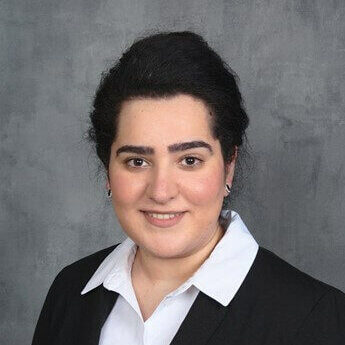
Negar Mehrabi, MD
MVHS Clinical Research Fellow
Mehrabi holds a MD from Michigan State University, East Lansing, Michigan. Mehrabi focuses on surgical interventions and their potential for human application.
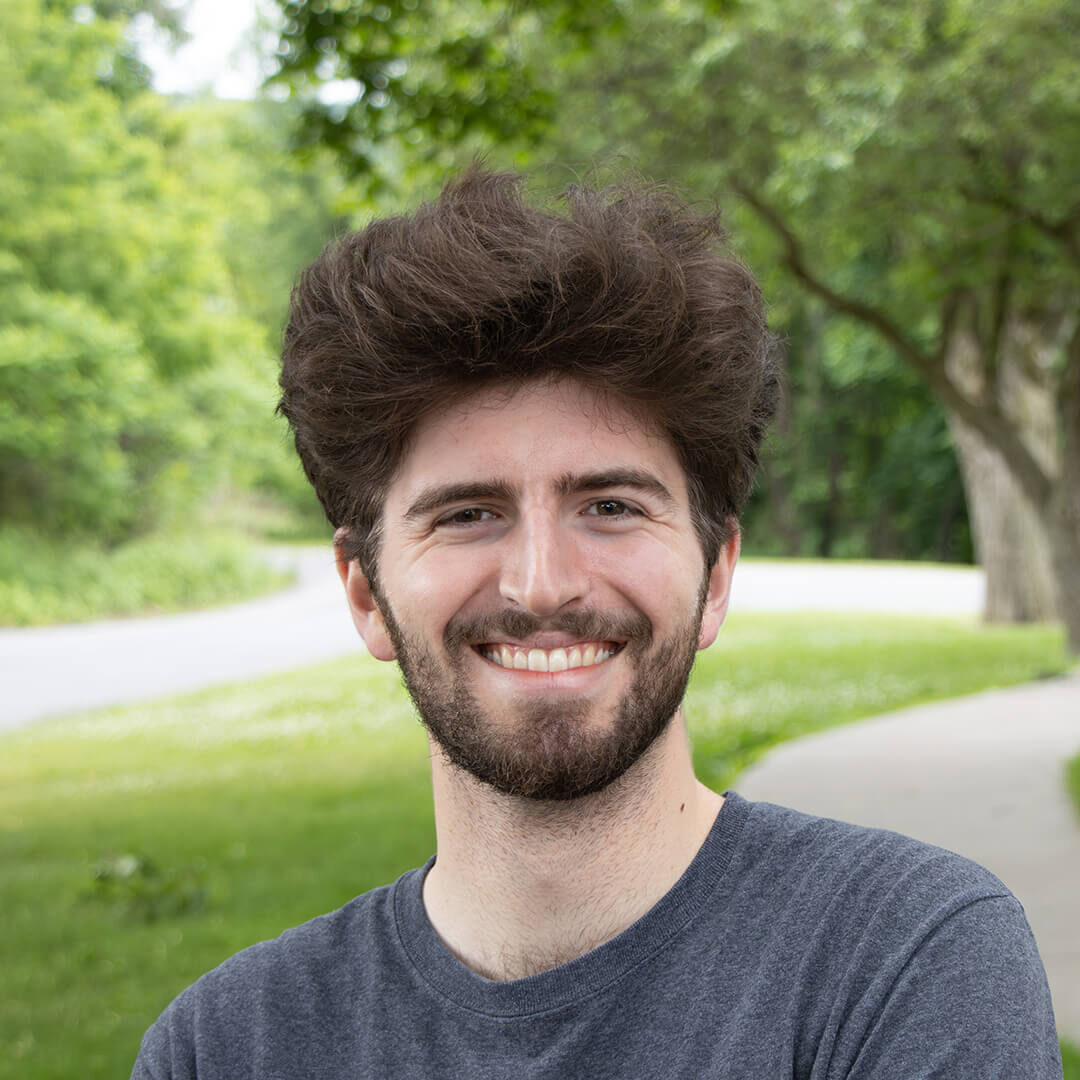
Josh Macera
Research Assistant
Macera holds a bachelor’s degree in neuroscience from Binghamton University, Vestal, New York. Macera joined MMRI in 2024.
2024 Summer Fellows
- Dmytro Davydenko
- Raegan Weems
Lab Interns
Isabella Vredenburg
Past Members
Rena Collandra, 2020-2021
Donna Le, 2021-2023
Anna Burkhartzmeyer, Summer 2022
Riley Cott, 2023-2024
Caitlin Snyder, Summer 2023
Steven Negron, 2021-2024
Key Publications
Bose RJ, Kessinger CW, Dhammu T, Singh T, Shealy MW, Ha K, Collandra R, Himbert S, Garcia FJ, Oleinik N, Xu B, Vikas, Kontaridis MI, Rheinstädter MC, Ogretmen B, Menick DR, McCarthy JR. Adv Mater. 2023 Nov 7:e2304615. doi: 10.1002/adma.202304615. PMID: 37934471.
Sheldon C, Kessinger CW, Sun Y, Kontaridis MI, Ma Q, Hammoud SS, Gao Z, Zhang H, Lin Z. J Mol Cell Cardiol. 2023 Feb;175:62-66. doi: 10.1016/j.yjmcc.2022.12.005. Epub 2022 Dec 28. PMID: 36584478; PMCID: PMC9974737.
Ha K, Zheng X, Kessinger CW, Mauskapf A, Li W, Kawamura Y, Orii M, Hilderbrand SA, Jaffer FA, McCarthy JR. ACS Sens. 2021 Jun 25;6(6):2225-2232. doi: 10.1021/acssensors.1c00124. Epub 2021 May 31. PMID: 34056903; PMCID: PMC8767556.
Research Assistant
Chase Kessinger, Ph.D.
Chase Kessinger, Ph.D.
Thank You
Make a Donation, Make a Difference
When you make a donation to the Kessinger Lab at MMRI, you’re helping to fund cutting-edge research projects aimed at improving the lives of those suffering from such conditions as venous thromboembolism, cardiovascular disease, lupus, PTSD, and more. Your donation allows us to focus on propelling medical science, empowering scientists to take risks, sharing ideas and building an inclusive community.

